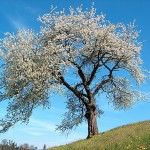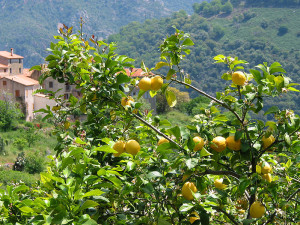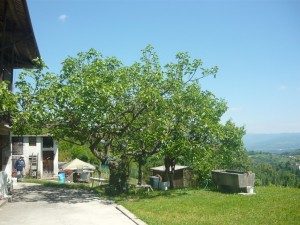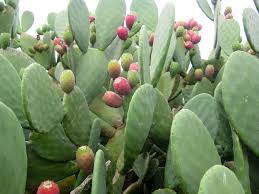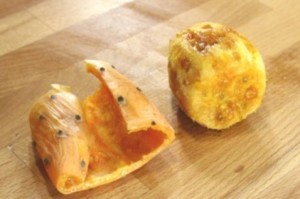Italy is known for many wonderful fruits and vegetables. Many fruits grow naturally in the fertile Italian soil and under the warm Italian sun! In fact, in many places you can go up to the trees and pick the fruit off directly!
A few fruits that grow naturally are:
- oranges
- lemons
- pears
- prickly pears
- figs
- cherries
- melograno (a type of apple)
In Sicily, you will find orange and lemon trees everywhere! Many of the trees grow in people’s gardens. You can also find prickly pears everyone in southern Italy.
In northern Italy, where the temperature is a bit cooler in the winter, you can find pear, fig and cherry trees.
It is true that many other types of fruits will grow in Italy, but they are not necessarily native to the country. The lemon tree, contrary to popular belief, was actually believed to be native to Asia. Overtime, merchants brought it with them to the Arab countries until they arrived in the Mediterranean. From there it had it’s debut in Italy. The lemon tree has no problem adapting to Italian life, however, and trees of this fruit are found spread throughout the Italian countryside!
Fig and cherry trees also grow in many places. Figs are known for their sweetness and can be eaten directly off the tree or as dried fruit. Although common in Italy, many figs are imported into Italy from other places such as Morocco. To make sure it’s not imported, you can check with your local farmer or at a local farmers market.
If you’re planning on eating some prickly pear fruit (fichi d’ india) right off the tree, beware! Use some heavy gloves when picking the fruit and look for a bright red color to indicate ripeness. In Sicily and the Aeolian Islands the fruit grows everywhere. Usually you can get out of your car when driving and pick some off the trees. Just make sure you’re not on anyone’s property!
The technique to eating them comes with first taking off the needles, washing them real good then peeling the exterior shell. You can eat the fruit on the inside. Many people make a nice jam from the fruit.

